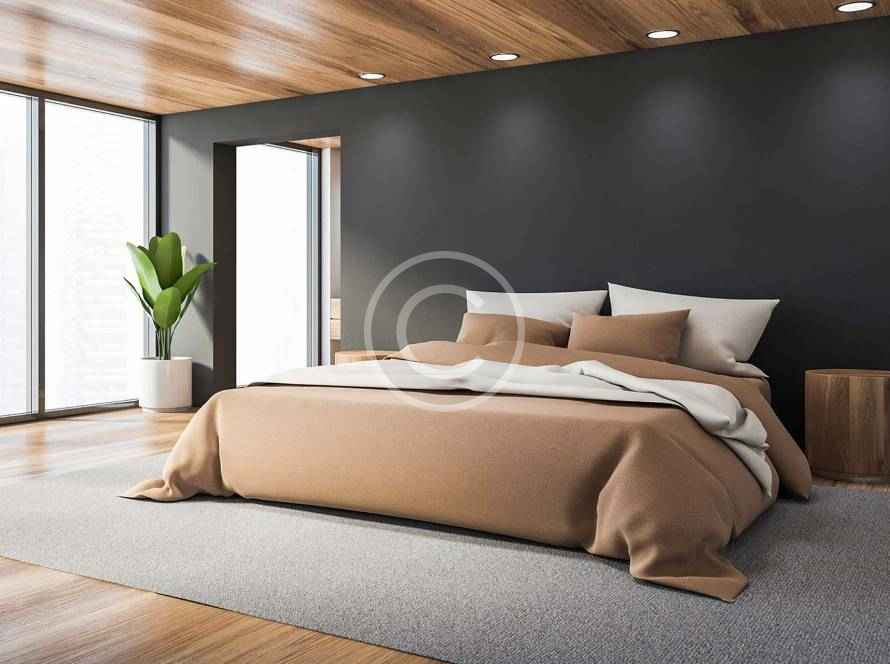As
the world becomes increasingly aware of climate change and its effects on our planet, it’s important to also consider how these changes can impact the flooring in our homes and businesses. Climate can play a huge role in the maintenance and longevity of your flooring, and understanding these effects can help you make the right decisions when it comes to choosing and maintaining your floors.
One of the main ways that climate can affect your flooring is through changes in humidity. Humidity levels can have a dramatic impact on a variety of flooring types, including hardwood, laminate, and vinyl. High humidity can cause hardwood floors to swell and warp, while low humidity can cause them to shrink and crack. Similarly, laminate and vinyl flooring can also be affected by changes in humidity, with high humidity causing them to expand and buckle and low humidity leading to cracks and gaps.
Effect of Temperature of Flooring:
Temperature is another important factor to consider when it comes to your flooring and climate. Extreme temperatures, whether hot or cold, can cause damage to certain types of flooring. For example, hot temperatures can cause vinyl flooring to soften and become more prone to scratches and dents, while cold temperatures can cause certain adhesives to fail, leading to loose or buckled flooring.
In addition to these direct effects, climate can also impact the overall environment in which your flooring is installed. For example, high levels of moisture in the air can lead to the growth of mold and mildew, which can damage your flooring as well as pose health risks to you and your family. Similarly, prolonged exposure to UV rays can cause certain types of flooring, such as hardwood and vinyl, to fade and become discolored over time.
So, what can you do to protect your flooring from the effects of climate? One of the most important steps is to choose the right type of flooring for your climate. For example, if you live in an area with high humidity, it may be best to opt for tile or stone flooring, which are less prone to warping and swelling. Similarly, if you live in an area with extremes in temperature, you may want to consider engineered hardwood or laminate flooring, which are more resistant to changes in temperature than solid hardwood.
Another important step is to maintain proper humidity levels in your home or business. This can be achieved through the use of dehumidifiers in areas with high humidity levels, as well as humidifiers in areas with low humidity levels. In addition, it’s important to ensure that your heating and cooling systems are functioning properly and that air flow is balanced throughout your space.
Regular maintenance and upkeep is also crucial when it comes to protecting your flooring from the effects of climate. This includes regular cleaning, as well as ensuring that spills are promptly wiped up and that furniture and other heavy objects are properly padded to prevent scratches and dents.
In conclusion, it’s clear that climate can have a significant impact on the performance and durability of your flooring. By choosing the right type of flooring, maintaining proper humidity levels and regular upkeep, you can ensure that your floors remain beautiful and functional for years to come. At SPC Supplier, we offer a wide range of high-quality flooring options that are designed to withstand a variety of different climates and environments. Contact us today to learn more about how we can help you choose the perfect flooring for your space.


